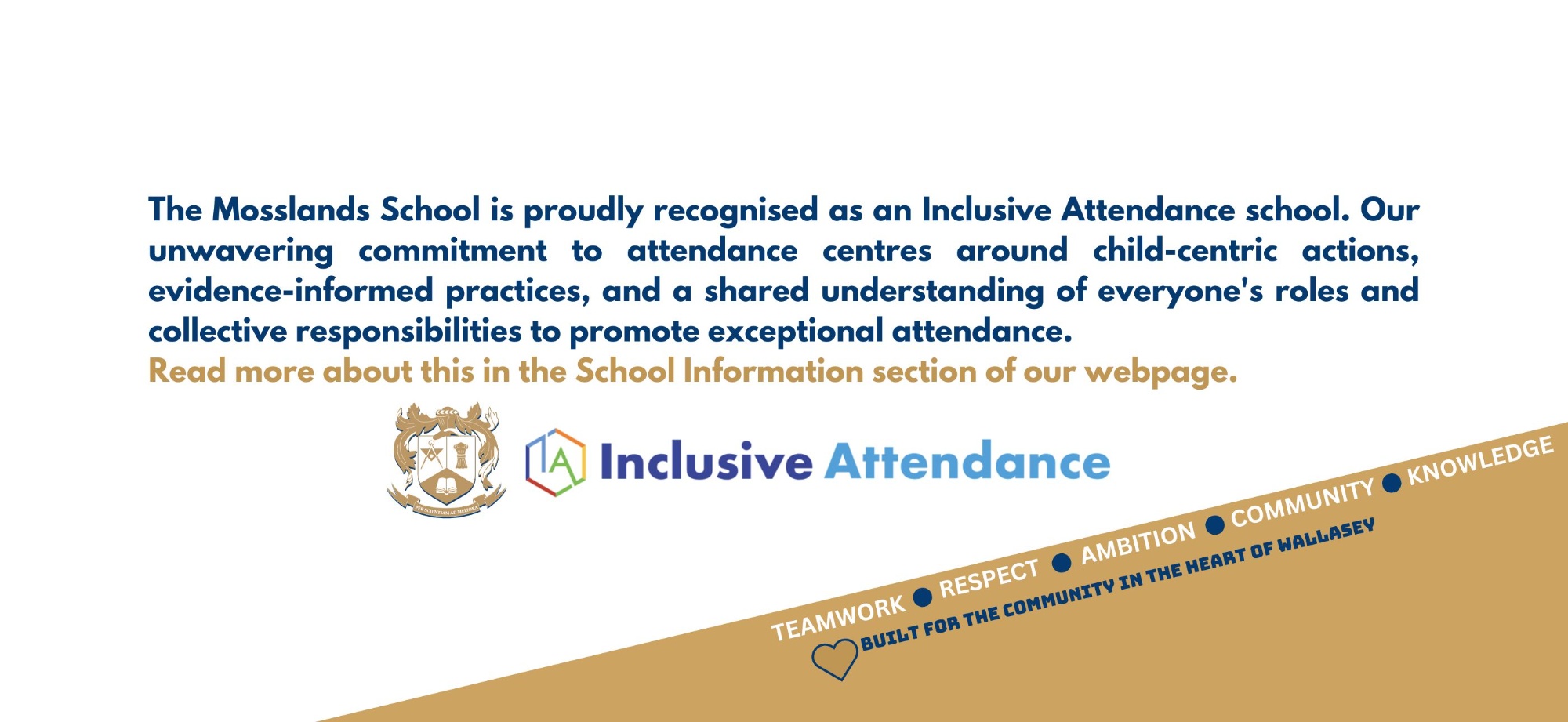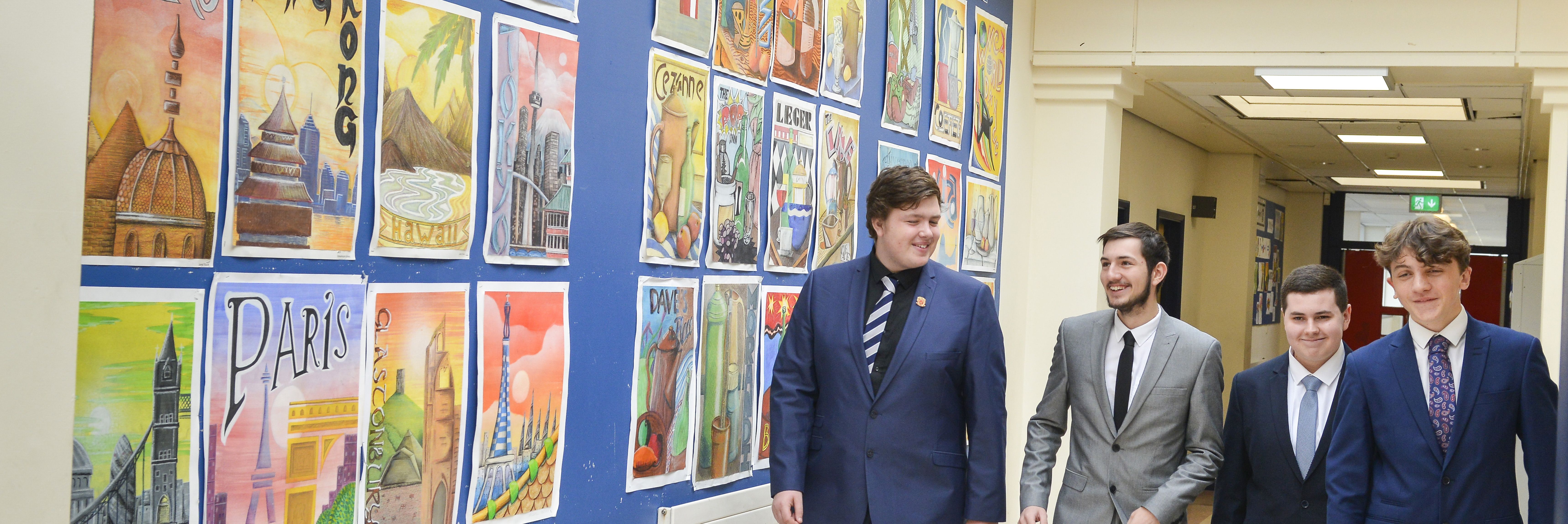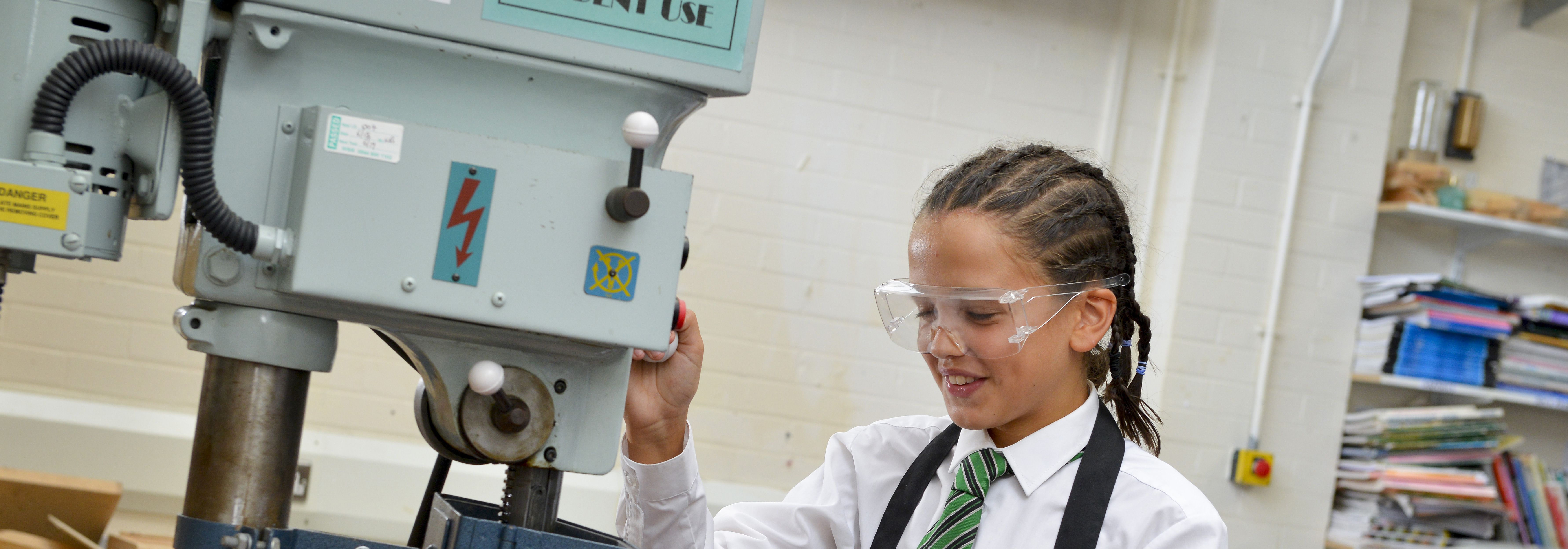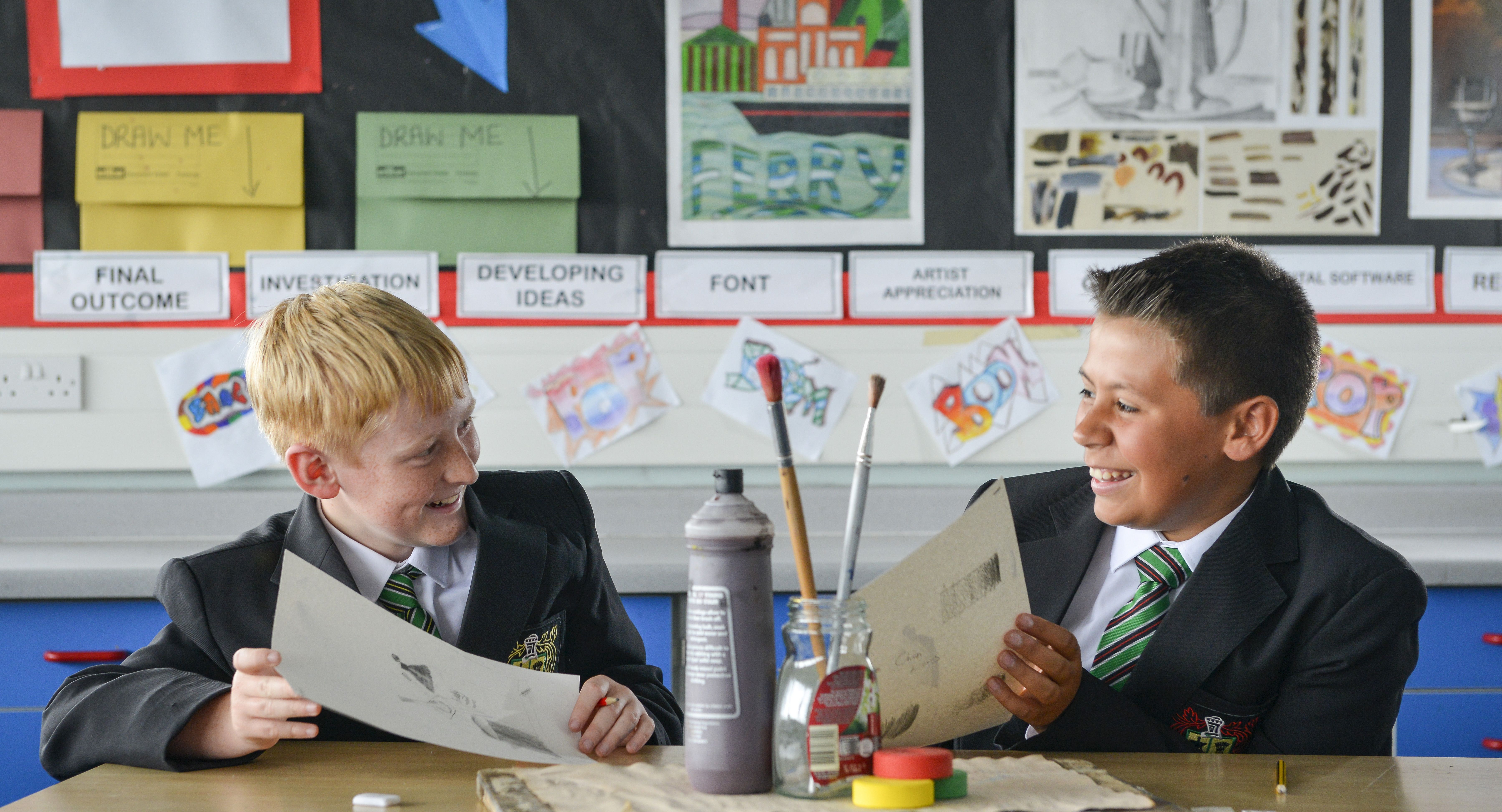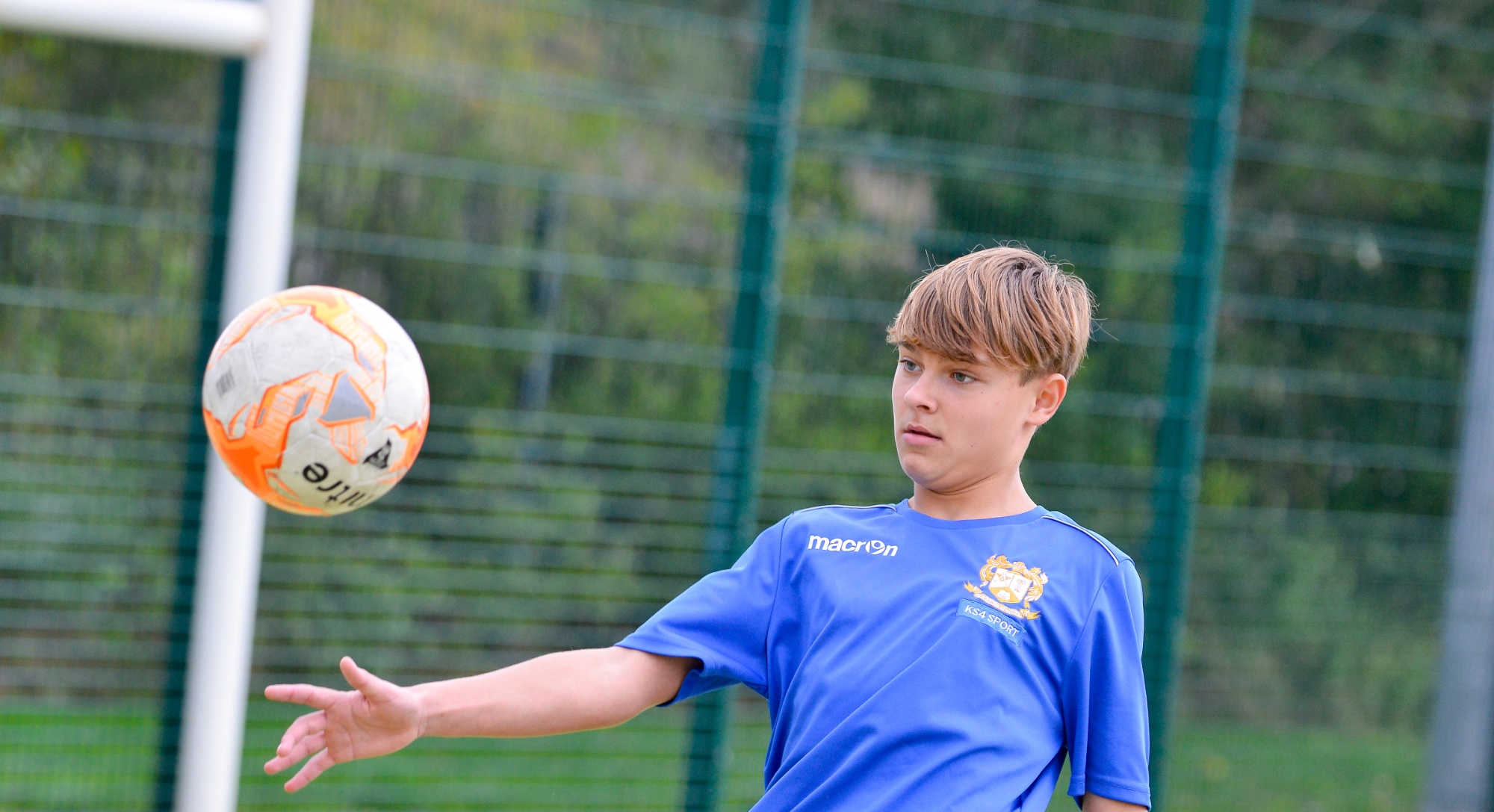The Knowledge and Skills overviews show the specific drama content students will learn in each unit of study throughout the year. These documents outline both the substantive knowledge (theatrical conventions, performance styles, and dramatic theory) and the disciplinary skills (character development, stagecraft, and ensemble work) that students will develop. Each unit is broken down to clearly identify what students need to know and what they should be able to do upon completion. Through the systematic development of both knowledge and skills, students build performance abilities, collaborative techniques, and creative confidence appropriate to their stage of learning.
Year 9 Rotation Scheme - 12 Weeks
| Unit Progress Criteria |
| Knowledge |
Skills |
- To understand the social context of the London Riots and the consequences of people’s actions.
- To gain an understanding of the Derek Bentley case and the historical significance on this incident on the British Justice system.
- Developing an understanding of the protocols of arrest and the format of police interviews.
- To understand what a non-linear narrative structure in theatrical performance is.
- Understanding of multiple perspectives in dramatic storytelling
- To understand the role of conscience alley and moral decision-making in drama and how this impacts upon character portrayal.
- To understand the impact of PTSD and psychological trauma on characters and how this can be sensitively and creatively explored using drama techniques.
- To understand the process of ‘page to stage’ play text analysis and understanding the core conventions.
- To understand how to block a scene and consider character journey development.
- To understand the concept of subtext and how this can be explored using supportive drama techniques such as conscience alley.
- To understand stage direction interpretation and how this influences the spatial awareness of the scene.
- To understand how to abridge a scene and experiment with the narrative structure of a sequence of scenes.
- To understand the importance of the role and the placement of the audience for drama effect.
|
Pupils are developing their core drama skills:
Still Image Development:
- Physical positioning and levels
- Facial expression and emotional portrayal
- Spatial relationships between characters
- Use of gesture and body language
- Creating dramatic tension through positioning
- Symbolism through physical representation
- Group composition and balance
- Audience awareness
Transitions between Still Image and Scenes:
- Fluidity of movement between performance states
- Group work to ensure appropriate pace and travel directions
- Physical storytelling through movement
- Clear beginning and end points
- Seamless scene changes
- Movement with purpose and intention
- Cross-cutting skill to allow for simultaneous scene presentation
- Contrast and comparison of scenes
Advanced Conscience Alley
- To embed the conscience alley technique within a role play performance, exploring character perspective and internal monologue
- Using vocal variation and emphasis
- Experimenting with physical proximity and spacing
- Building dramatic tension within a scene
- Developing clear opposing viewpoints inspired by the related stimulus material
Additional Core Skill:
- Implementing flashbacks within a role play scene, considering effective transitions and clear time period frames.
- Maintaining character consistency
- Applying the use of narration as a storytelling technique considering voice projection and clarity.
- To apply the use of sound scape to enhance conscience alley. To experiment with vocal sound creation and layering of sounds
- To implement the skill of multi-role in a performance showing clear character differentiation using vocal and physical performance skills.
|




